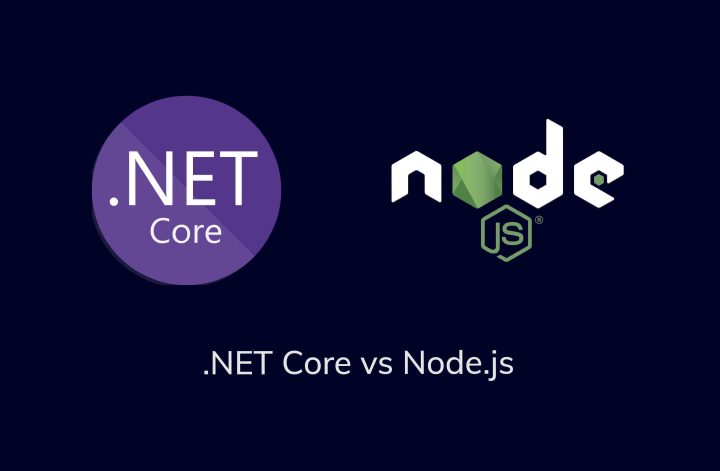Both .NET and Node.js are popular choices for building web applications and back-end services, but they have some key differences that may make one more suitable for your project than the other.
.NET is a framework developed by Microsoft for building applications for Windows. It includes a large library of pre-built modules and tools for data access, security, and web development tasks. It uses C# as the primary programming language. Still, it also supports other languages like F#, Visual Basic, and C++. .NET is widely used in enterprise and business environments and has a large and active community of developers.
Node.js, on the other hand, is a JavaScript runtime built on Chrome’s V8 JavaScript engine. It allows developers to run JavaScript on the server side and has a large ecosystem of modules and libraries that can be easily installed and used in your project. Node.js is particularly well-suited for real-time, data-intensive applications, such as chat apps and online games, and it is widely used in web and mobile app development.
When choosing between .NET and Node.js, some factors to consider include:
- Language and developer skills: If your team is already familiar with C# or .NET, it may be more efficient to continue using those technologies. If your team is more familiar with JavaScript, then Node.js may be a better choice.
- Performance: Both .NET and Node.js can handle high loads and many concurrent connections, but Node.js is often considered better suited for real-time, data-intensive applications.
- Ecosystem and community: Both .NET and Node.js have large and active communities, but Node.js has a much larger ecosystem of modules and libraries available.
- Support: Both Node.js and .NET have many libraries and modules to choose from, but .NET has a more robust support system than Microsoft.
Ultimately, the choice between .NET and Node.js will depend on the specific requirements of your project and the skills and preferences of your development team.




